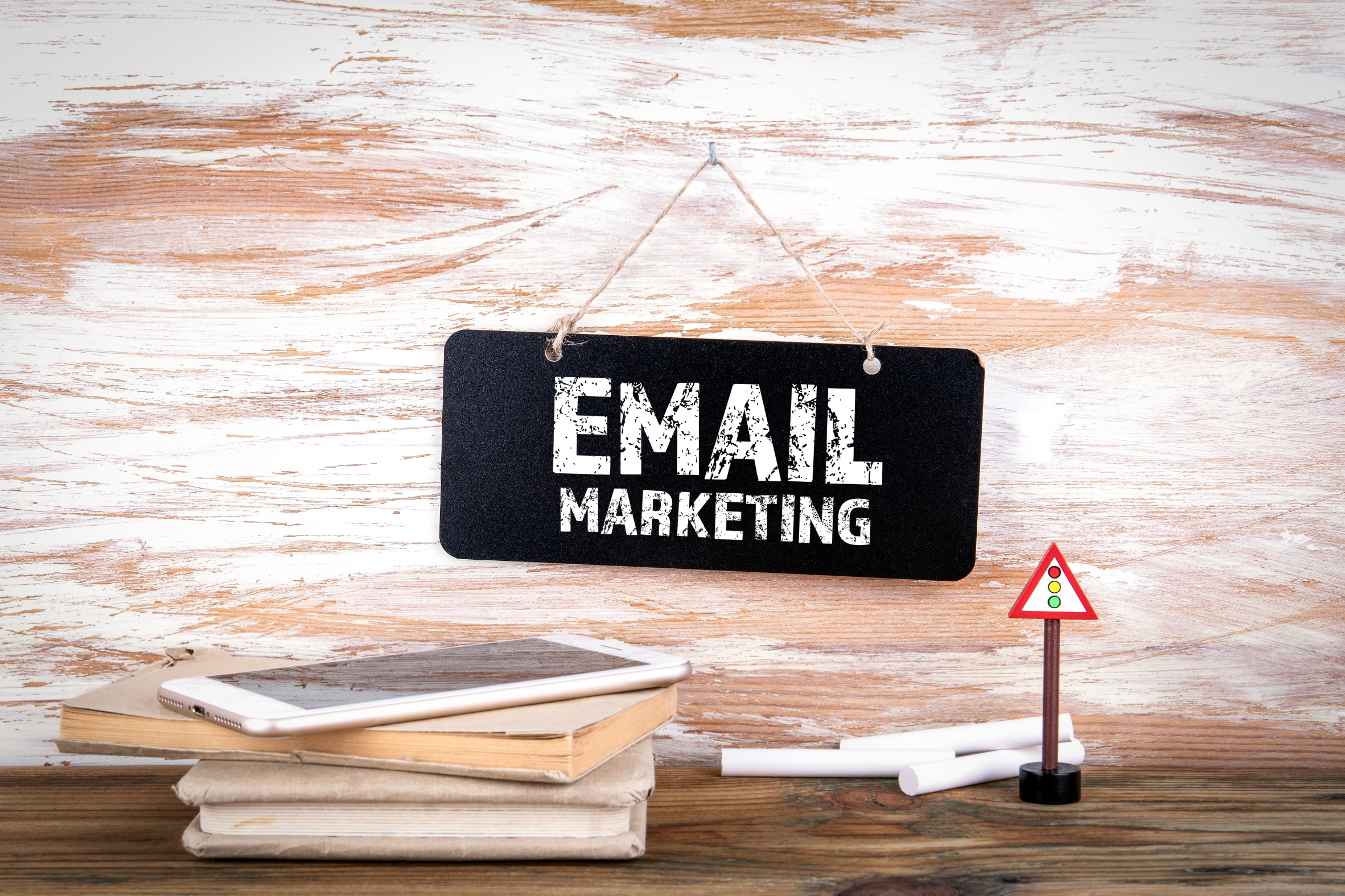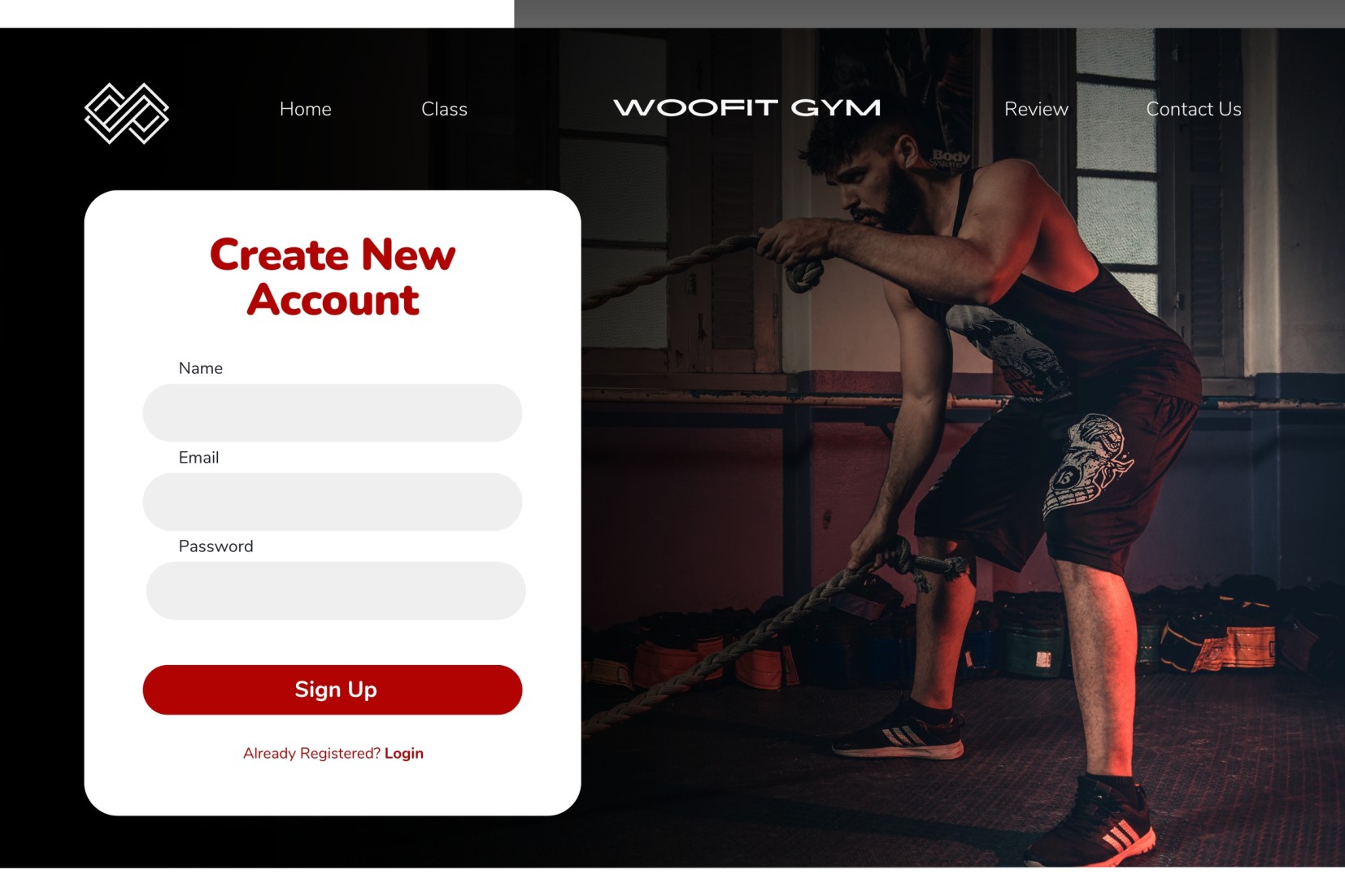Email Marketing
What is email marketing..?
Email marketing is a digital marketing strategy that involves sending commercial messages or information to a group of people via email. These messages can include promotional content, advertisements, updates, newsletters, or any other communication aimed at building relationships with customers, acquiring new customers, or promoting products or services.
Email marketing campaigns typically involve sending messages to a list of subscribers who have opted in to receive communications from a particular business or organization. These subscribers can include current customers, potential customers, or individuals who have shown interest in the products or services offered by the business.
Email marketing can be highly targeted and personalized, allowing businesses to tailor their messages to specific segments of their audience based on factors such as demographics, interests, purchase history, or behavior. This level of customization often leads to higher engagement rates and better conversion rates compared to other forms of marketing.
Key components of email marketing include:
Building An Email List: Businesses collect email addresses from customers and prospects through various channels such as website sign-up forms, social media, events, and lead magnets (e.g., free e-books, webinars).
Creating Compelling Content: Email content should be engaging, relevant, and valuable to the recipients. This can include promotional offers, educational content, product updates, company news, or exclusive deals.
Designing Visually Appealing Emails: Emails should be well-designed and visually appealing to grab the recipient's attention and encourage them to take action. This involves using a combination of images, text, colors, and branding elements.
Personalization: Personalizing emails based on recipient data such as name, location, purchase history, or browsing behavior can help increase relevance and engagement.
Testing And Optimization: Email marketers often conduct A/B testing to experiment with different elements of their emails (e.g., subject lines, call-to-action buttons, email copy) to optimize performance and improve results over time.
Analyzing results: Marketers track key metrics such as open rates, click-through rates, conversion rates, and unsubscribe rates to evaluate the success of their email campaigns and make data-driven decisions for future campaigns.
Why need to do email marketing?
Direct Communication: Email allows businesses to communicate directly with their audience without relying on intermediaries or algorithms. This direct line of communication fosters a sense of connection and trust between the brand and its customers.
Cost-effective: Compared to traditional marketing channels like print or television advertising, email marketing is relatively inexpensive. Businesses can reach a large audience with minimal costs, making it a cost-effective option for marketing campaigns.
Targeted And Personalized: Email marketing enables businesses to segment their audience and send targeted, personalized messages based on factors such as demographics, interests, and purchase history. This level of customization increases the relevance of the content and improves engagement rates.
High ROI: Email marketing consistently delivers a high return on investment (ROI) compared to other marketing channels. According to various studies, the average ROI for email marketing is significantly higher than other digital marketing tactics, making it a valuable investment for businesses.
Drive Conversions: Email marketing is an effective tool for driving conversions and sales. Whether it's promoting new products, offering discounts, or providing valuable content, well-executed email campaigns can encourage recipients to take action and make purchases.
Build Brand Loyalty: Regular communication through email helps businesses stay top-of-mind with their audience and build long-term relationships. By providing valuable content, exclusive offers, and personalized recommendations, businesses can strengthen brand loyalty and encourage repeat purchases.
Measurable Results: Email marketing platforms provide robust analytics and reporting tools that allow businesses to track the performance of their campaigns in real-time. Marketers can monitor metrics such as open rates, click-through rates, conversion rates, and more, enabling them to optimize their campaigns for better results.












